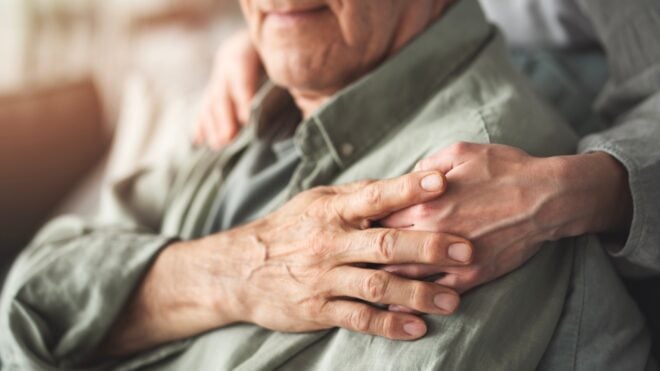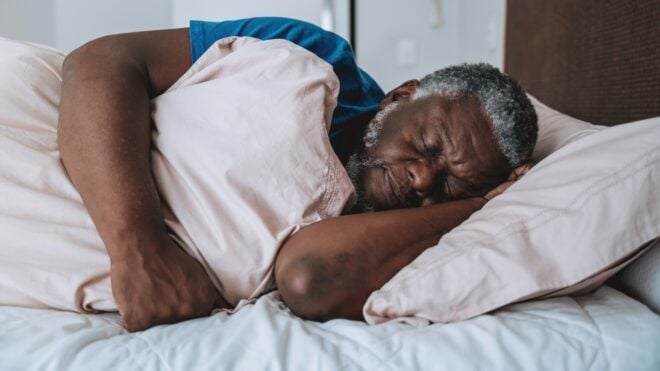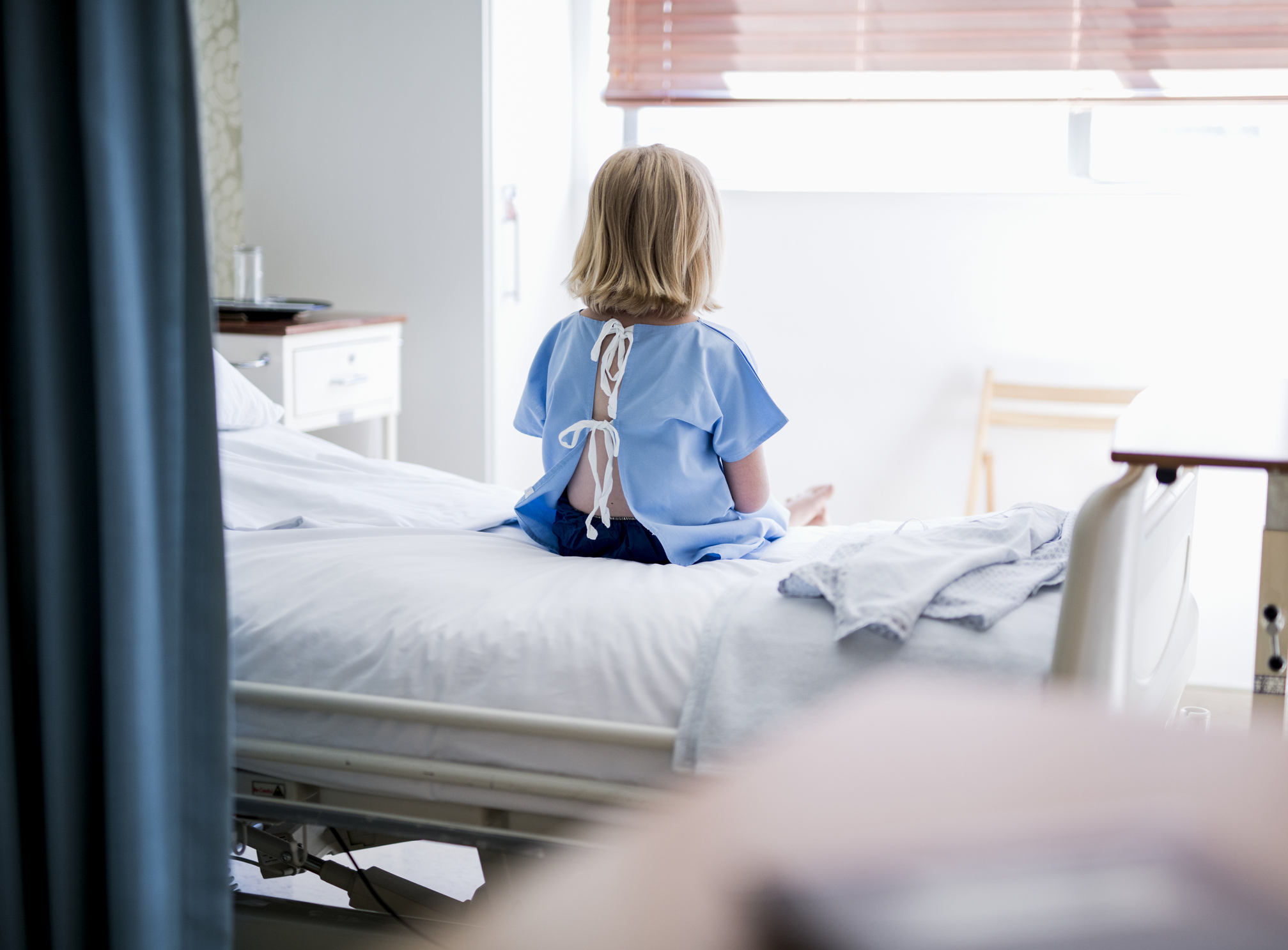
Beata and Jack Kowalski brought their 10-year-old daughter Maya Kowalski to Johns Hopkins All Children's Hospital in St. Petersburg, Florida, in 2016. Maya was complaining of intense pain; her parents shared that she had been diagnosed with the little understood condition called complex regional pain syndrome, or CRPS.
Beata and Jack explained that part of the neurological condition meant that Maya was extremely sensitive to any number of potential stimuli. She typically used a wheelchair to get around because of the pain she experienced in her leg and feet when she tried to walk.
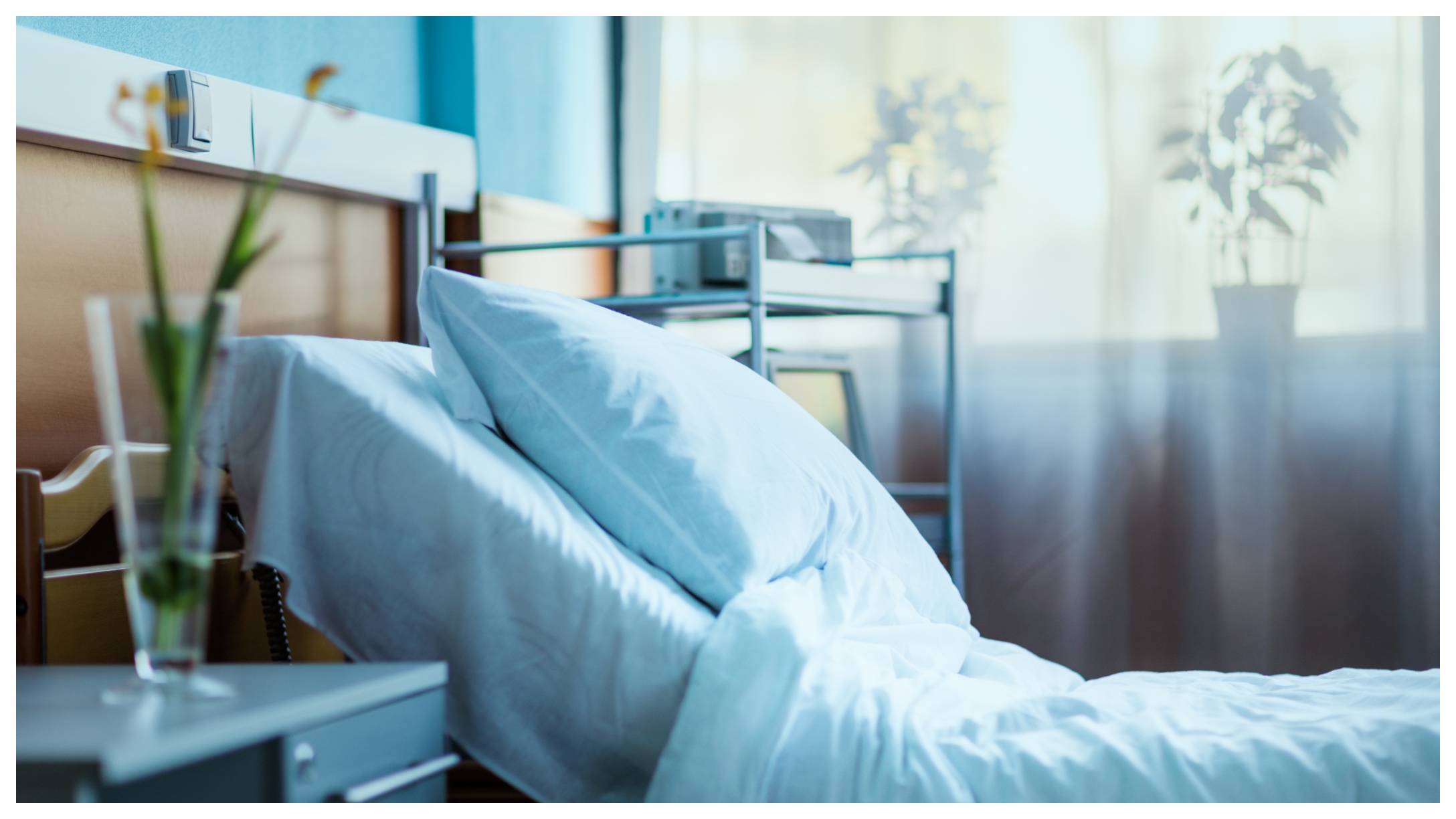
As detailed by The Cut, the hospital's staff was wary of Beata and Jack from the beginning. Maya had a strong reaction when a nurse tried to perform an ultrasound and Beata told her that only ketamine injections help. The nurse called in a social worker, who began asking questions.
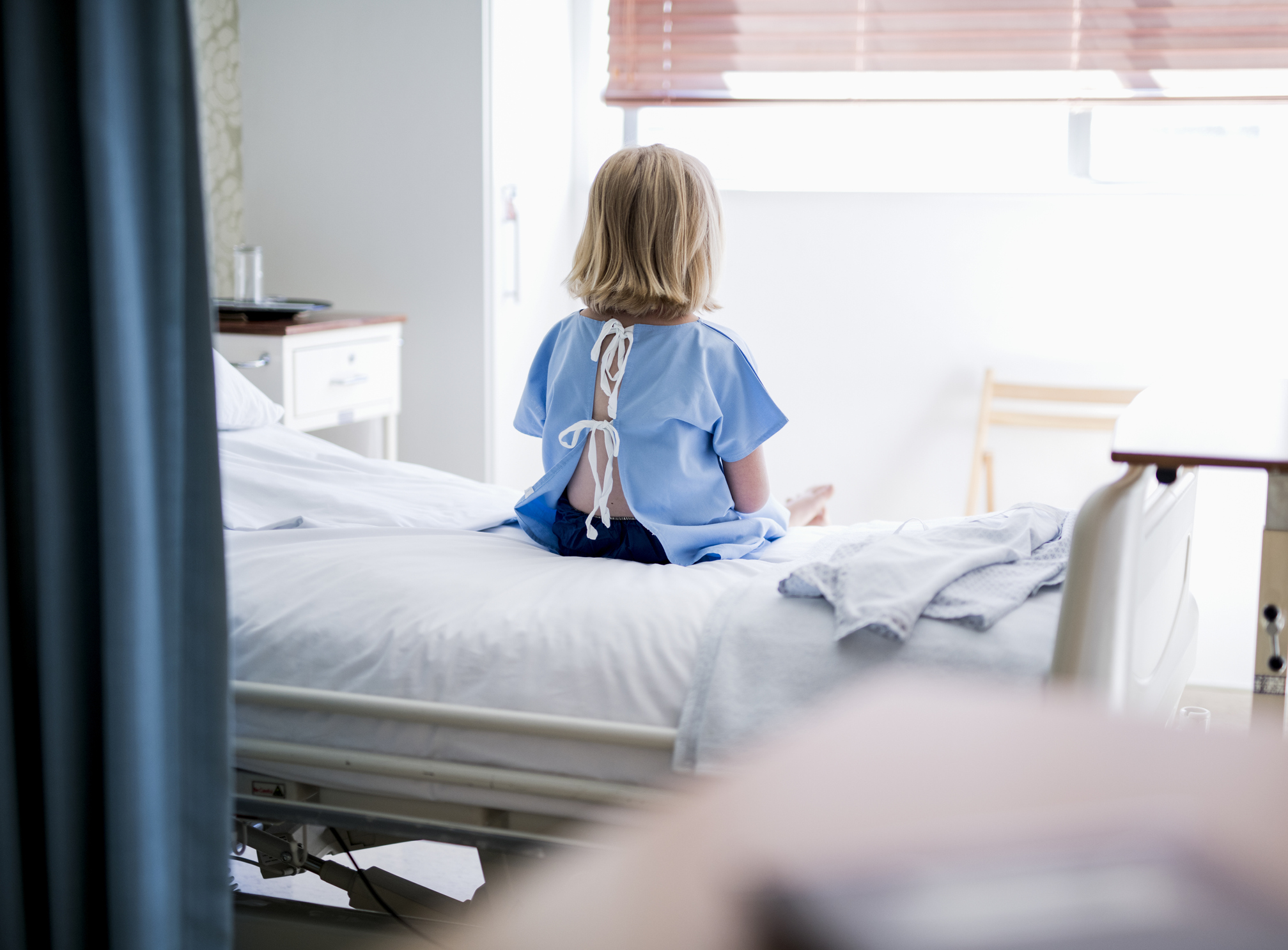
Social worker Debra Hansen filed a complaint about potential child abuse with the state of Florida after Beata suggested the treatment over an exam; the initial report was tossed out due to lack of evidence. Another person involved with Maya's care sought advice from Dr. Sally Smith, who is considered an expert in medical child abuse cases.
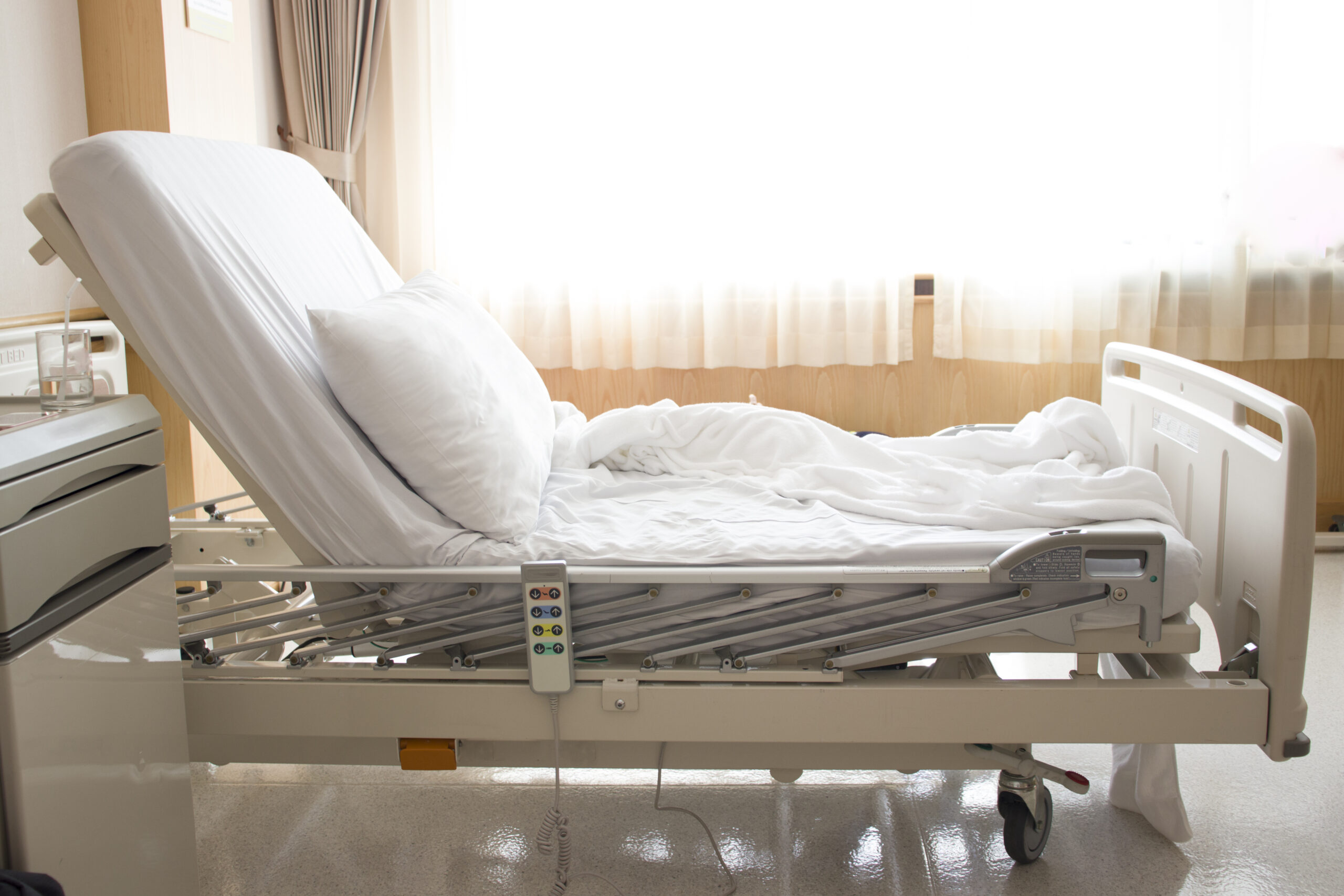
The person who called in Dr. Smith was fellow doctor Beatriz Teppa Sanchez, who questioned to use of ketamine to treat CRPS. By the next day, another social worker had complained to the state. The new report accused Maya's mother of "mental issues" and stated, "It was stated that Maya is not in pain. Mom insists that Maya is in pain."
Dr. Smith was asked to launch a formal investigation.
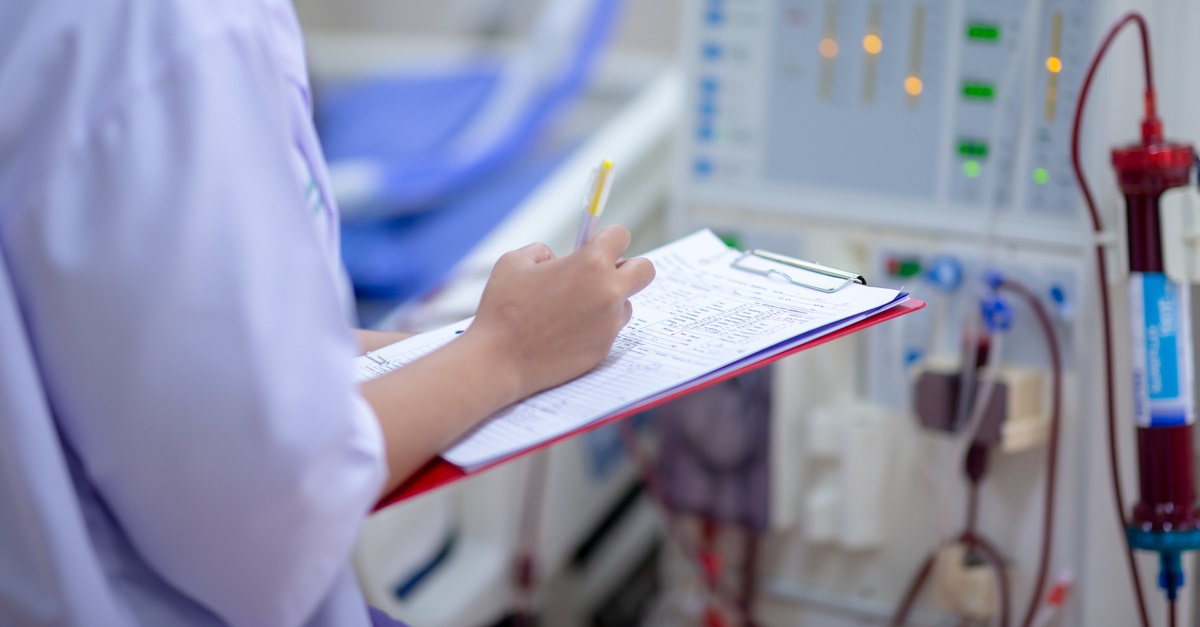
Dr. Smith soon looked up Maya's medical records, which were compiled from nearly 30 different physicians. She began to wonder if Maya was really experiencing Munchausen syndrome by proxy, when a parent makes a child sick on purpose for attention.
Maya was still hospitalized during the investigation, but her parents asked to take her home after two days. The hospital told Beata and Jack they would be arrested if they left against medical advice, a statement that was later proven untrue.
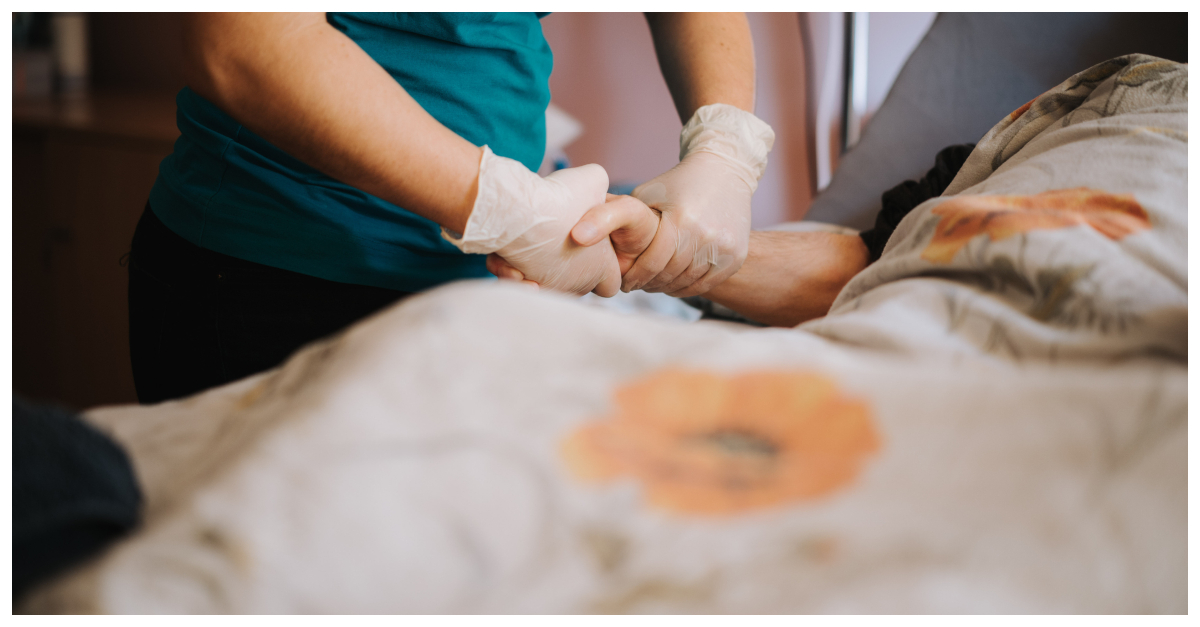
Dr. Smith officially diagnosed Maya with Munchausen syndrome by proxy and the state of Florida ordered the hospital to keep Maya in place. Her parents were no longer allowed any contact with her and were told their daughter was now in state custody.

Not much is understood about CRPS. Beata and Jack Kowalski told authorities that Maya's pain began in 2015. The condition is extremely real, and it is sometimes called the "suicide disease" because of the toll it takes on those who suffer from it. Maya began receiving ketamine injections at the suggestion of a doctor, and the family agreed after researching the treatment.

When Beata brought Maya to the hospital in St. Petersburg, she was apprehensive. As an immigrant, she had encountered tough attitudes at hospitals before. Dr. Smith didn't believe Beata's stories about Maya's pain and contacted the doctor who had prescribed the ketamine treatments, Dr. Kirkpatrick. He urged Dr. Smith to avoid a situation that "could result in needless and permanent harm to the child and family."

The hospital separated Maya from her parents in part to see if her condition would improve, as is typical in Munchausen cases. Maya didn't improve, and Dr. Smith came up with a new hypothesis: Maya herself was making up the pain. The shelter order remained in place, with Jack able to visit Maya in person and Beata restricted to video calls, which the hospital would sometimes deny at its own discretion.

Beata offered to move out of the family's home if Maya could return, but was denied. Maya spent several holidays, including her birthday and Christmas, in the hospital without her family. The family had another court date that resulted in no change, and within days Beata had died by suicide.
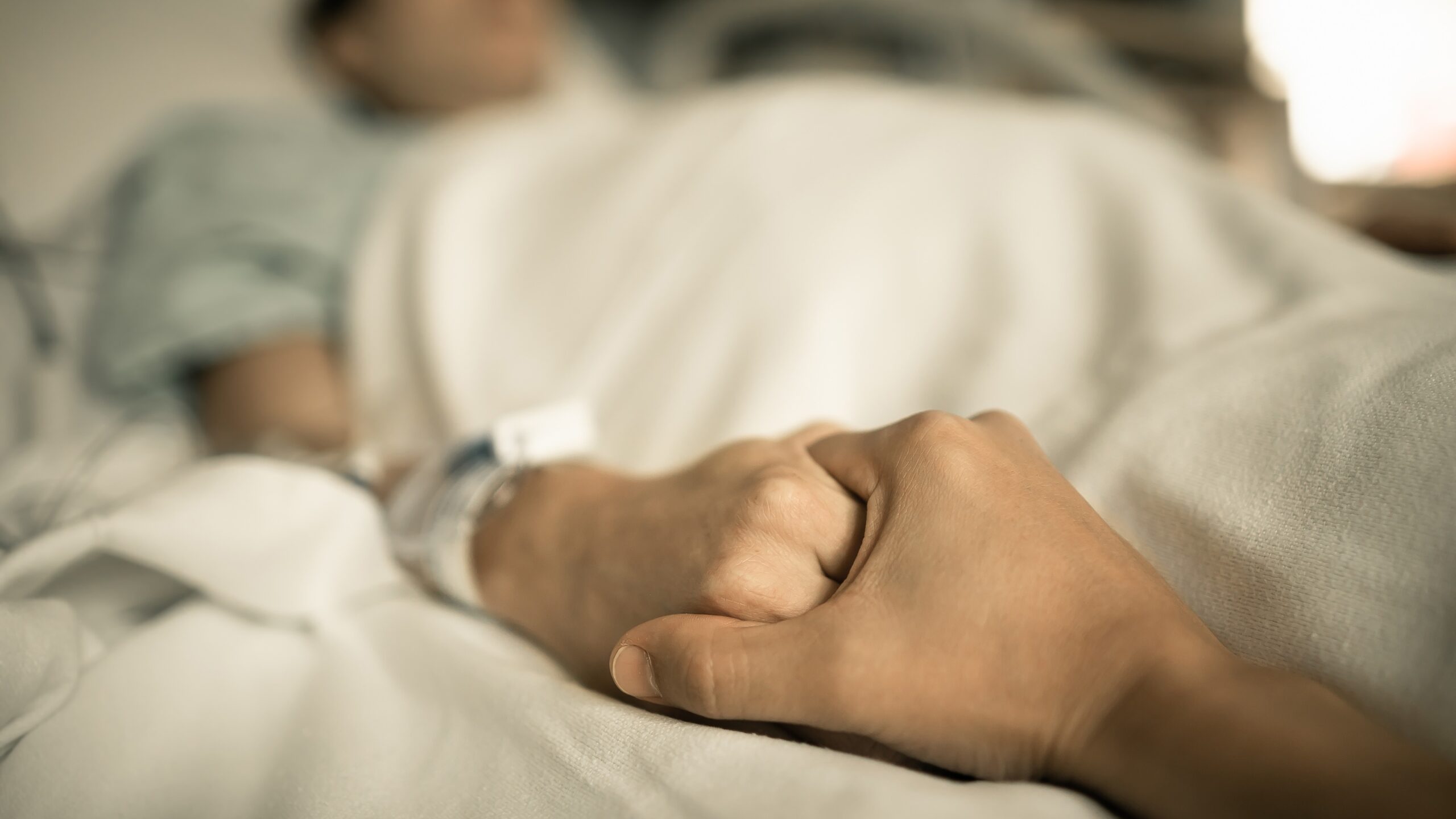
Maya found out about her mother's death from her father, who was allowed to visit for one hour. Hospital staff discussed Beata's death via text, implying that her mental illness was the cause, though Beata was never diagnosed with any conditions.
The judge in the family's next court case received a letter that Beata had written before taking her own life. Maya was remanded back to her father's custody.

Maya left the hospital weaker and weighing less than she did when she arrived. Nearly two years after the experience, her symptoms began to subside — something that is typical of CRPS patients.
Maya's family sued the hospital as well as several providers involved in 2018, and in 2022 Dr. Smith (along with another provider) settled her portion of the lawsuit.
Jack explains, "Psychologically, it destroyed all of us. When somebody knocks on our door, now you don’t want to answer it because you’re worried it’s somebody from Children and Families. You don’t want your child to play sports because if they get hurt, where am I going to take them?"

